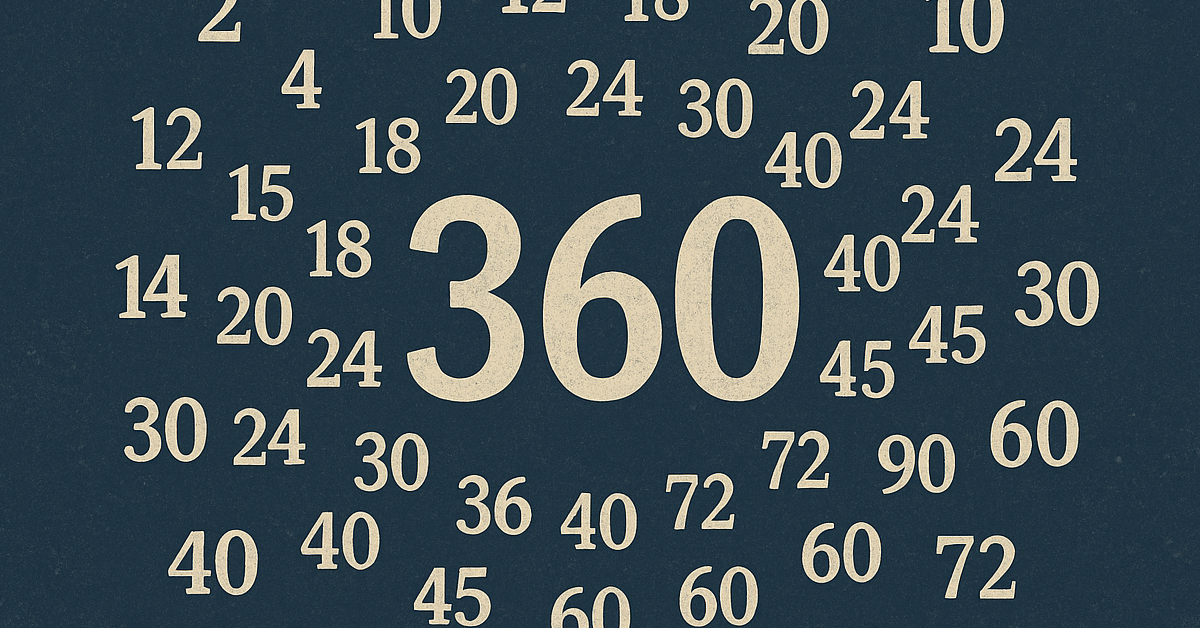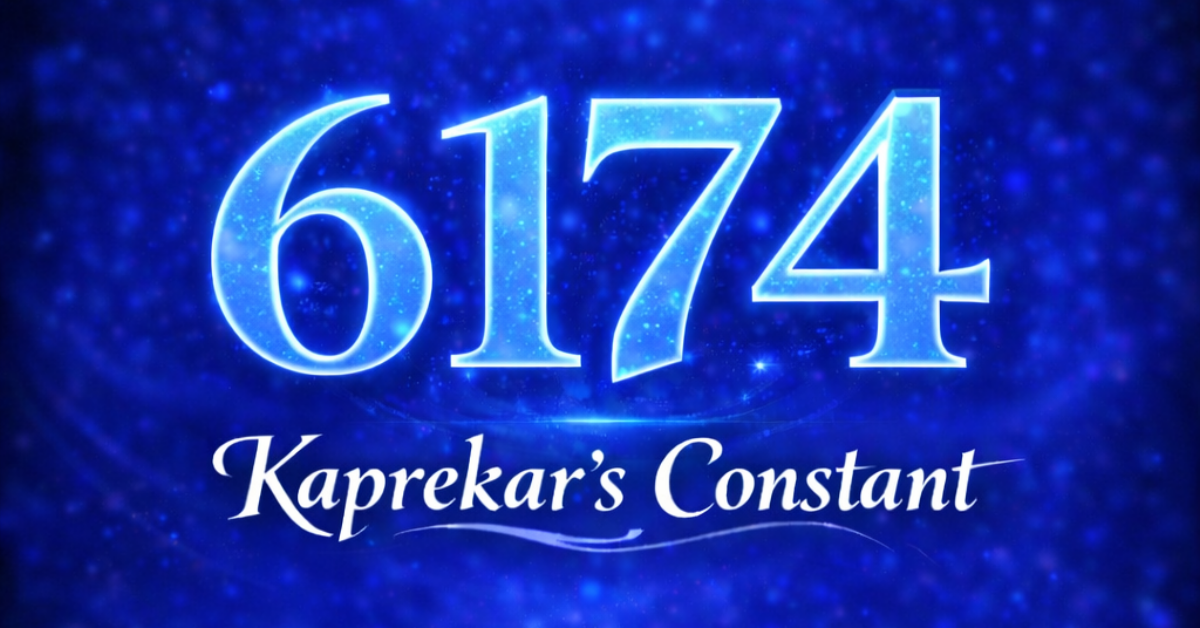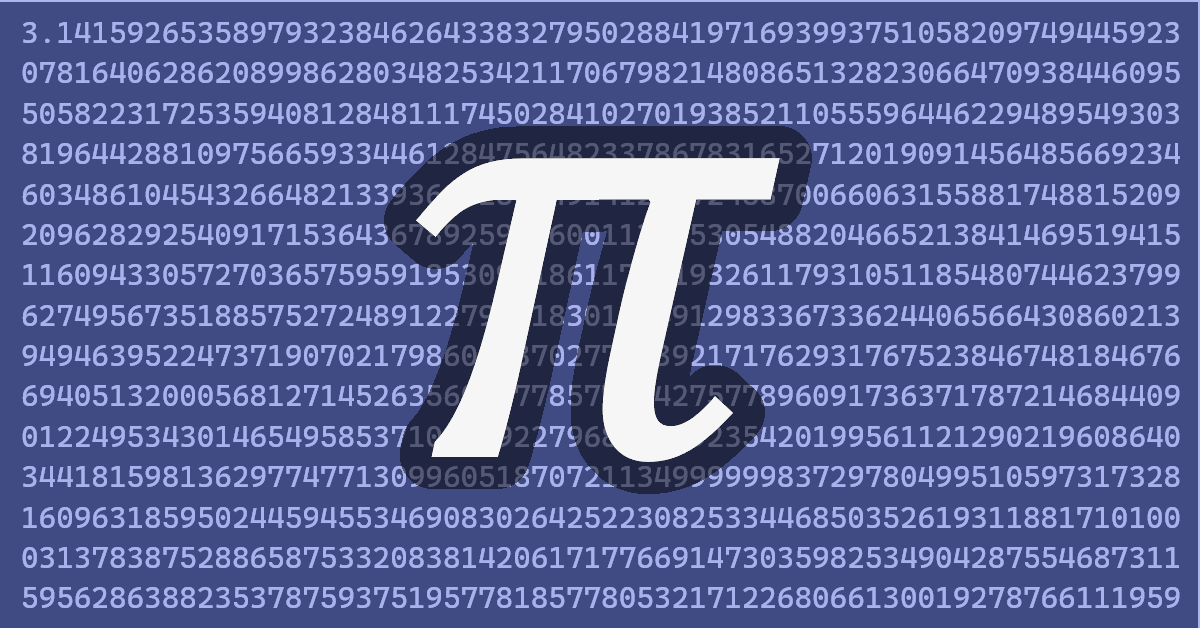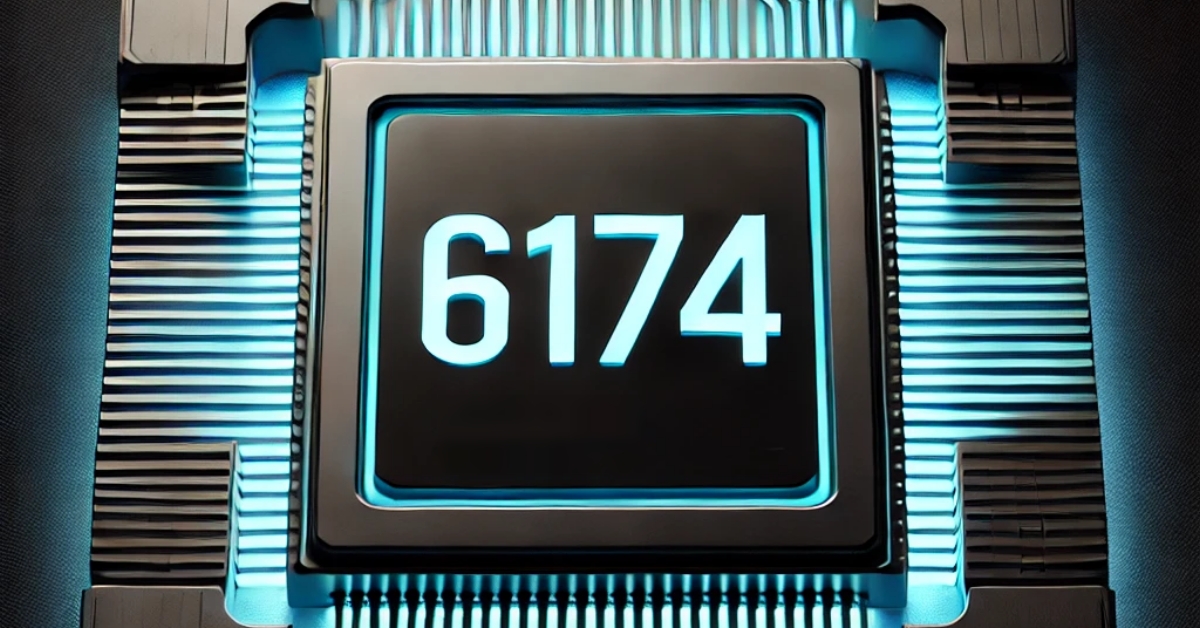Highly Composite Numbers
My brother, Matthew, was investigating highly composite numbers, otherwise known as Anti-Primes. A thought occurred to him (in my own words): These numbers are highly divisible — they have a lot of factors. Many of the factors are small, and bunched up at the beginning. For example, take 360:
- Factors of 360:
- 360: 1, 2, 3, 4, 5, 6, 8, 9, 10, 12, 15, 18, 20, 24, 30, 36, 40, 45, 60, 72, 90, 120, 180, 360.
The thought is — there must be something interesting for the first (lowest) non-factor of this highly composite number. In this case, 7.
First Non-Factor in HCNs
Consider: What are the first unused factors in every highly composite number?
Matthew invented a new OEIS sequence:
Analysis of the Sequence
Matthew has a page that explores the sequence of non-factors of highly composite numbers.
Of the sequence he computed:
- 2, 3, 3, 4, 5, 5, 5, 5, 7, 7, 7, 7, 7, 7, 9, 8, 9, 11, 11, 11, 11, 11, 11, 11, 13, 11, 11, 13, 13, 13, 13, 13, 13, 13, 13, 13, 13, 17, 16, 17, 17, 17, 17, 17, 17, 17, 17, 17, 17, 17, 17, 17, 19, 17, 19, 19, 19, 19, 19, 19, 19, 19, 19, 19, 23, 19, …
He noticed that most are prime, and only a few are non-prime (bolded).
After discussion with Matthew, we had a couple of conjectures:
- Conjecture #1: Matthew conjectured (Doucette’s Conjecture):
- This sequence is a “prime production factory”; it can be used to generate primes.
- (There is a deeper context that I unraveled with Matthew later with further analysis.)
- Conjecture #2: I (Jason) conjectured:
- The powers of 2 (2, 4, 8, 16, 32, 64,…) would continue.
- As would the powers of 3 (3, 9, 27, 81, …), and similarly for the other primes.
- This is somewhat based on the empirical evidence above, and the notes from David A. Corneth on July 12, 2020 that the terms are powers of primes.
Deeper Analysis — More Terms Needed
Let’s compute more highly composite numbers. It turns out Achim Flammenkamp already has computed “the proven smallest 779674 HCNs“. (The page does not render correctly; the direct link to the HCN is here: https://wwwhomes.uni-bielefeld.de/achim/HCN.bz2)
Using his analysis, I made a Python program, using its unlimited integer sizes, to extend Matthew’s sequence for all 779,674 highly composite numbers. Now that we have almost 780,000 terms, let’s take a look!
Analyzing 780,000 Terms
What mysteries can be unfolded in the First Non-Factor of the first 779,674 Highly Composite Numbers.
Powers of Primes
- Q. How many powers of 2?
- 2, 4, 8, 16, 32.
- Yikes, that ended quickly.
- Q. How many powers of 3?
- 3, 9.
- Not even 27!
- Q. How many powers of 5?
- 5, 25.
- Q. How many powers of 7?
- 7.
- Ok, hmm.
Conjecture #2 Result: My (Jason) conjecture (i.e. powers of 2, 3, 5, 7, etc., will continue to be found indefinitely) is clearly wrong!
How Many Non-Primes?
Answer:
-
4, 9, 8, 9, 16, 25, 25, 32
- Just 8 HCNs!
- Here are the indexes:
- HCN #4: 2.3 = 6. 1st non-factor = 4
- HCN #15: 2^3.3.5.7 = 840. 1st non-factor = 9
- HCN #16: 2^2.3^2.5.7 = 1260. 1st non-factor = 8
- HCN #17: 2^4.3.5.7 = 1680. 1st non-factor = 9
- HCN #39: 2^3.3^3.5.7.11.13 = 1081080. 1st non-factor = 16
- HCN #83: 2^6.3^3.5.7.11.13.17.19.23 = 64250746560. 1st non-factor = 25
- HCN #87: 2^7.3^3.5.7.11.13.17.19.23 = 128501493120. 1st non-factor = 25
- HCN #128: 2^4.3^4.5^2.7^2.11.13.17.19.23.29.31 = 1516237305382800. 1st non-factor = 32
Doucette’s Conjecture
Matthew’s original conjecture:
- This sequence is a “prime production factory”; it can be used to generate primes.
Updated conjecture:
- With the new results from nearly 780,000 terms, I unraveled an improvement in the precision of this conjecture with Matthew. Doucette’s Conjecture is essentially: Given each HCN, which is already known to be a product of the first n primes (never skipping a prime), the first (lowest) non-factor of the HCN will be the next prime — in all cases, with sole exception for the 8 edge cases of non-primes:
- HCN #4: = 6. 1st non-factor = 4
HCN #15: = 840. 1st non-factor = 9
HCN #16: = 1260. 1st non-factor = 8
HCN #17: = 1680. 1st non-factor = 9
HCN #39: = 1081080. 1st non-factor = 16
HCN #83: = 64250746560. 1st non-factor = 25
HCN #87: = 128501493120. 1st non-factor = 25
HCN #128: = 1516237305382800. 1st non-factor = 32
Is this conjecture true?






Leave a Reply
You must be logged in to post a comment.